The Labour Representation League (LRL), organised in November 1869, was a forerunner of the British Labour Party. Its original purpose was to register the working class to vote, and get workers into Parliament. It had limited power, described by Eugenio Biagini as being "very weak and quite ineffective", and was never intended to become a full political party. However, it played a role in supporting the election of Lib-Lab MPs. The first secretary was Cooperative Society activist and trade unionist, Lloyd Jones.

Radicalism or classical radicalism was a historical political movement representing the leftward flank of liberalism during the late 18th and early 19th centuries and a precursor to social liberalism, social democracy, civil libertarianism and modern progressivism. Its earliest beginnings were found in Great Britain with the Levellers during the English Civil War, and the later Radical Whigs.
Finsbury East was a parliamentary constituency centred on the Finsbury district of North London, England. It returned one Member of Parliament (MP) to the House of Commons of the Parliament of the United Kingdom, elected by the first past the post system.

Alfred Henry Scott was a British Liberal politician.

Frederick Maddison JP was a British trade unionist leader and Liberal politician.
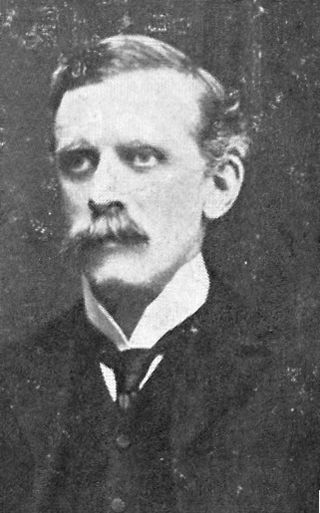
Harry Evan Auguste Cotton, better known as Evan Cotton or H. E. A. Cotton, was a Liberal politician, barrister, administrator, journalist, historian and writer.
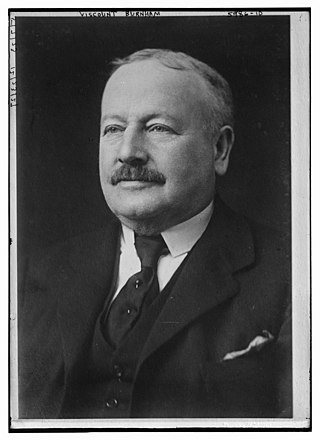
Harry Lawson Webster Levy-Lawson, 1st Viscount Burnham, was a British newspaper proprietor. He was originally a Liberal politician before joining the Liberal Unionist Party in the late 1890s. He sat in the House of Commons 1885–1892, 1893–1895, 1905–1906 and 1910–1916 when he inherited his barony.
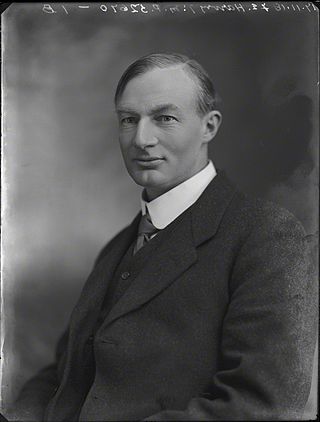
Thomas Edmund Harvey, generally known as Edmund Harvey, was an English museum curator, social reformer and politician. He sat in Parliament, first as a Liberal and later as an Independent Progressive. He was also a prolific writer on Christianity and the role and history of the Society of Friends.
James Dundas White, known as J. D. White, was a Scottish Liberal Party politician. He was Member of Parliament (MP) from 1906 to 1918, with a short break in 1911.

Sir George Toulmin was an English journalist, newspaper proprietor and Liberal Party politician.
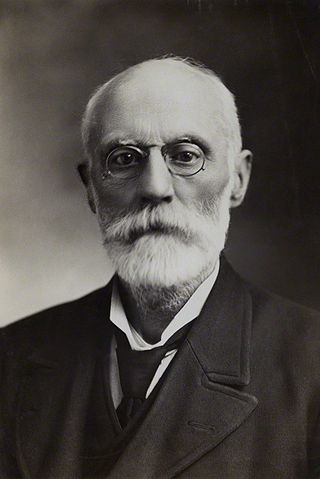
Sir Alpheus Cleophas Morton was a British architect and surveyor, and a Liberal Party politician. He was active in local government in London from the 1880s until his death, and sat in the House of Commons in two periods between 1889 and 1918.
Eugenio F. Biagini is an Italian historian, specialising in democracy and liberalism in nineteenth- and twentieth-century Britain, Ireland and Italy, and is currently Professor in Modern British and European History at the University of Cambridge. He is best known for his work in free trade economics and ideology, the Italian risorgimento, Irish national identity, and the religious dimension of popular radicalism in the nineteenth century.
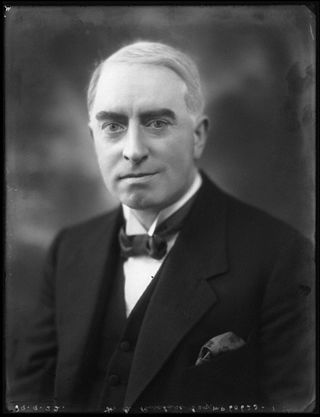
Henry George Purchase was an English barrister and Liberal politician.
The Westbury by-election was a Parliamentary by-election which returned one Member of Parliament (MP) to the House of Commons of the Parliament of the United Kingdom, elected by the first past the post voting system.
The West Ham North by-election was a Parliamentary by-election which was held in 1911. It returned one Member of Parliament (MP) to the House of Commons of the Parliament of the United Kingdom, elected by the first past the post voting system.
The Honourable Claude George Drummond Hay was a British businessman and Conservative Party politician.
The Glasgow Central by-election was a Parliamentary by-election. It returned one Member of Parliament (MP) to the House of Commons of the United Kingdom, elected by the first past the post voting system.
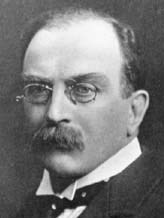
The Cambridge University by-election was a Parliamentary by-election. It returned two Member of Parliament to the House of Commons of the United Kingdom, elected by the first past the post voting system.

The Haggerston by-election was a Parliamentary by-election. It returned one Member of Parliament (MP) to the House of Commons of the United Kingdom, elected by the first past the post voting system.
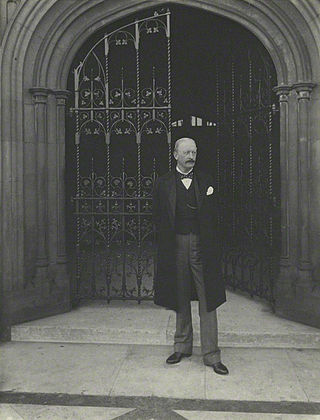
Lieutenant-Colonel Sir Alfred Cholmeley Earle Welby was a Conservative Party politician who served as the Member of Parliament (MP) for Taunton from 1895 until 1906. He had previously served in the British Army, rising to the rank of lieutenant-colonel in 1892. He stood unsuccessfully for the Conservatives in 1885, 1886 and 1892 prior to gaining his seat in Taunton. In 1906 he opted not to stand again in Taunton, but to contest the seat in East Finsbury, but was defeated. He was a London County Councillor from 1907 to 1910, and during the First World War, he was secretary of the Royal Patriotic Fund Corporation.












